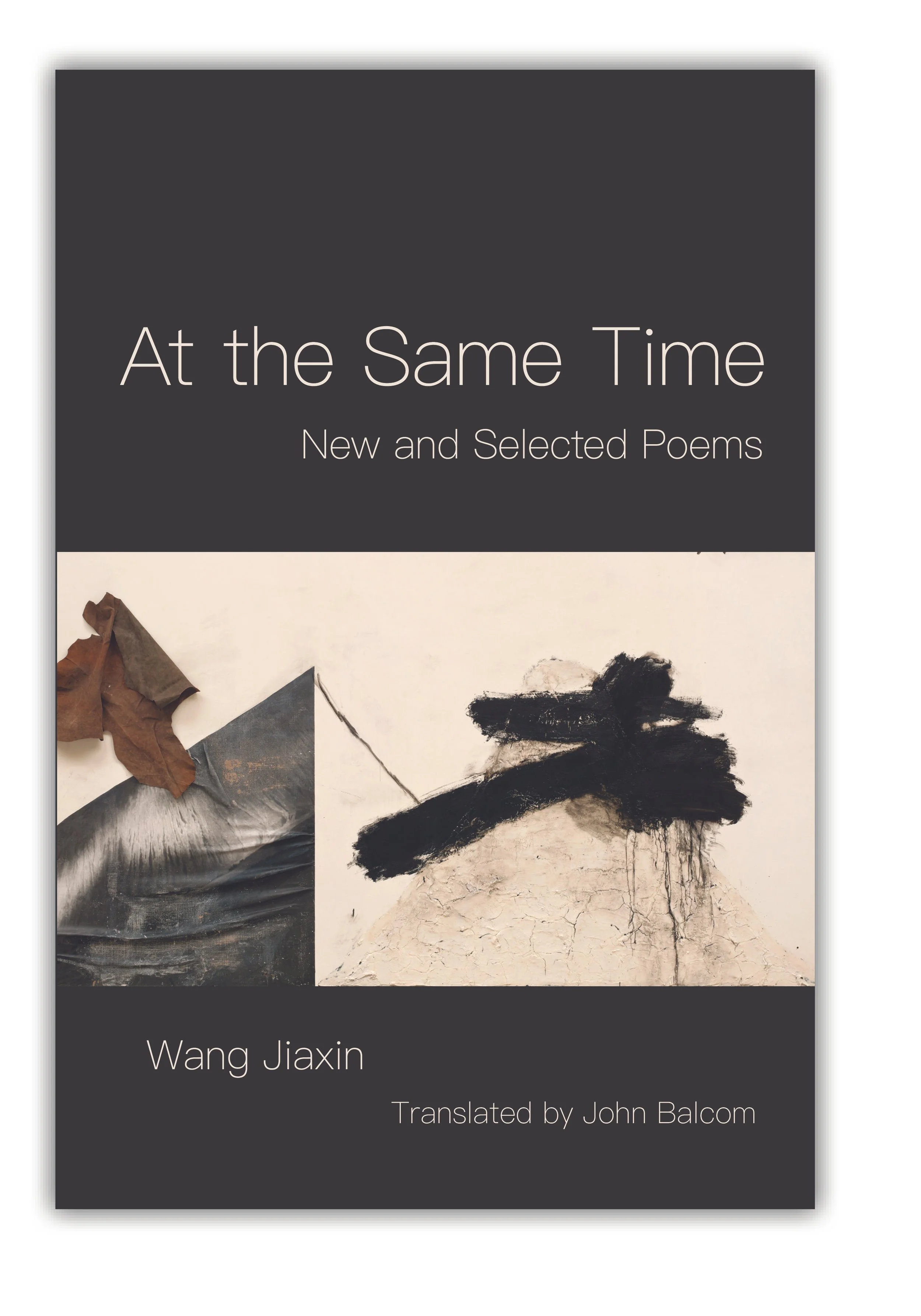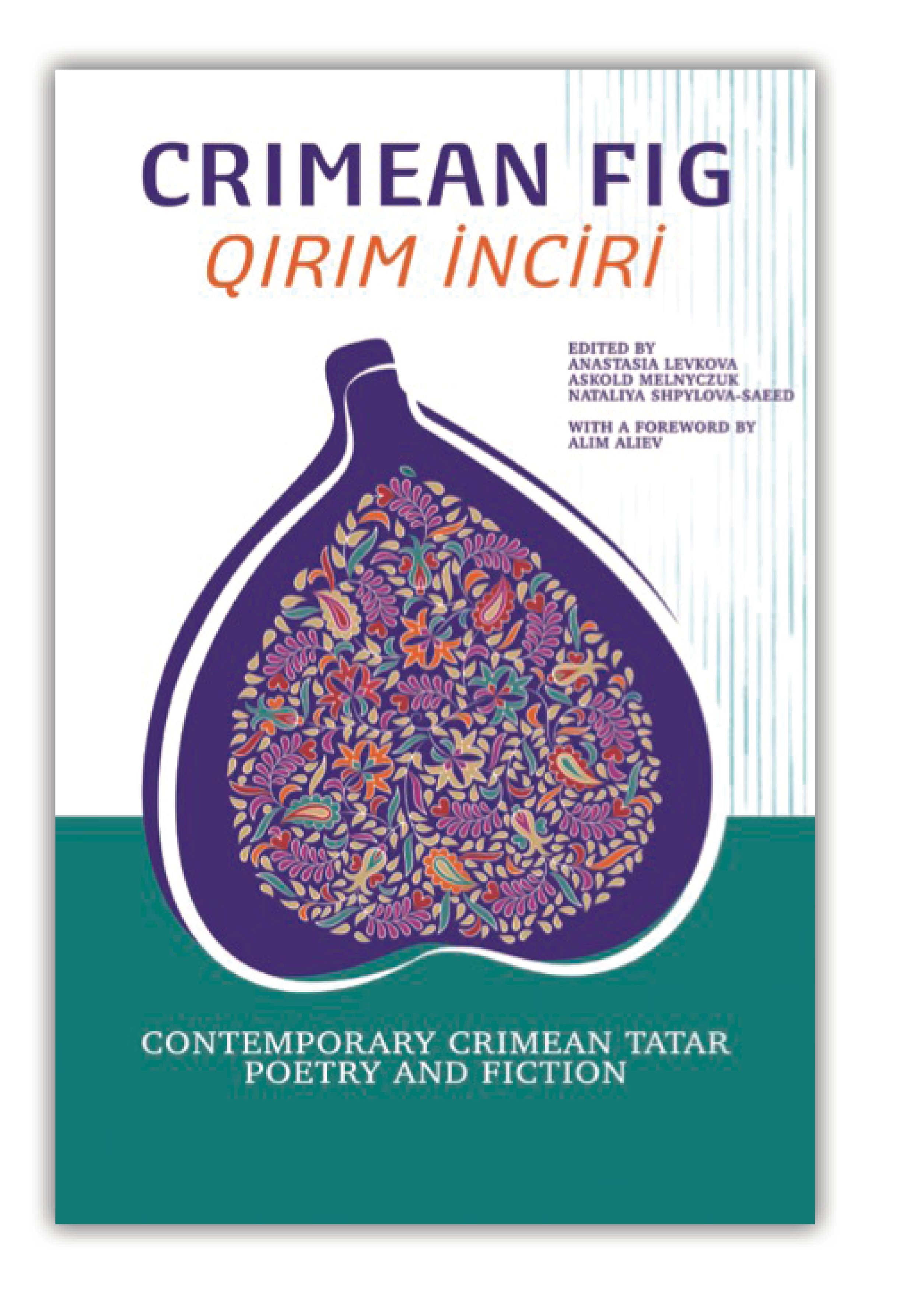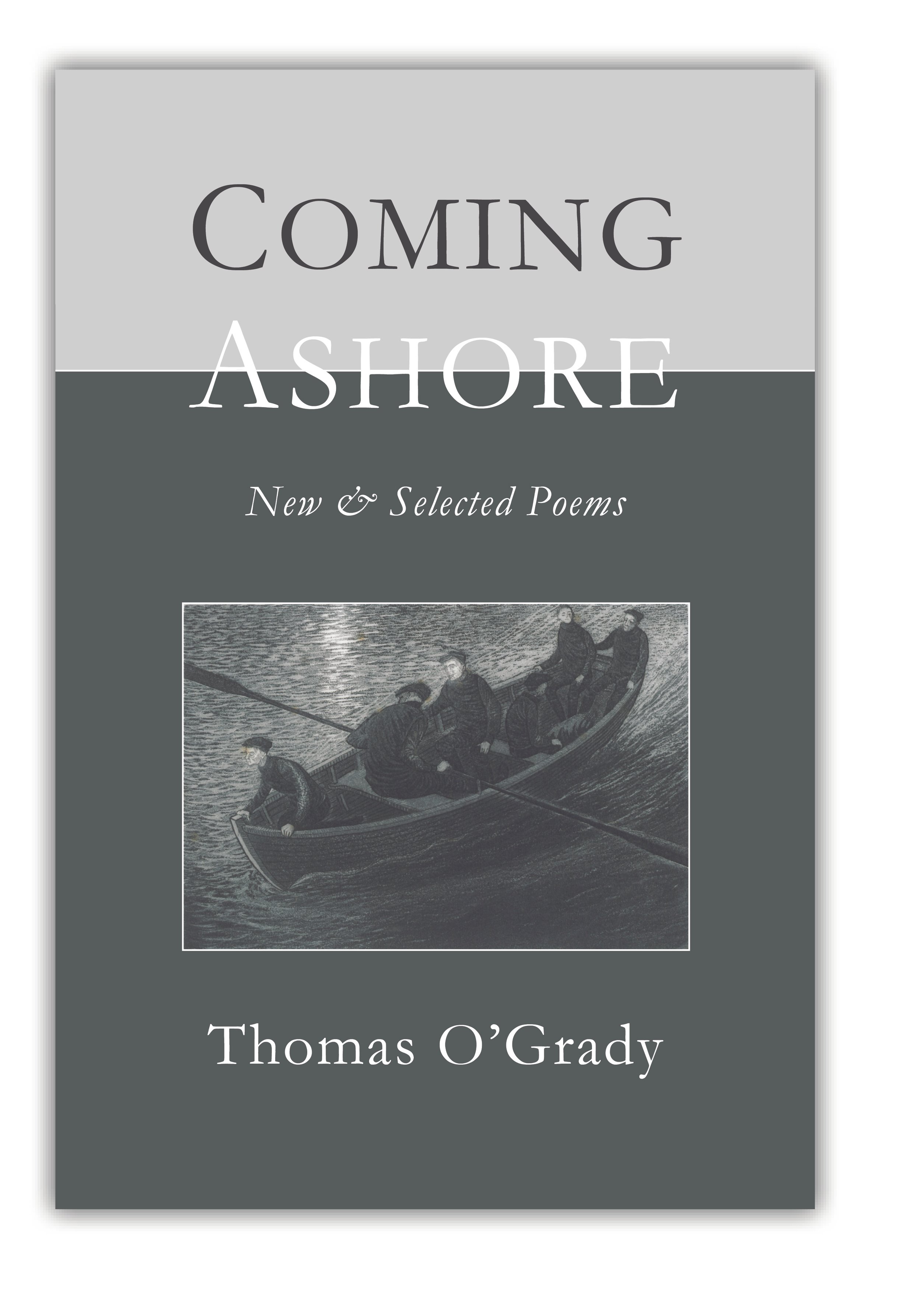 Image 1 of 1
Image 1 of 1


At the Same Time by Wang Jiaxin, translated by John Balcom
Wang Jiaxin is a major voice in contemporary world poetry. Intimate, historical, and ruminative, the poems in his latest collection, At the Same Time, invite readers into a space of multiple cultural convergences as East and West engage in a luminous poetic dialogue. Weaving together themes of memory and exile, Wang’s meditations find solace in the company of such disparate literary figures as Du Fu and Anna Akhmatova, carrying readers to far flung places, from Santorini to Long Island. Nuanced and attentive to the weight of history, they celebrate the heroism of lyric resistance while marking the transient beauty of the mundane. Impeccably rendered by John Balcom, the poems both valorize and question the literary enterprise. Writing about the American poet Hart Crane, Wang asks: “But in the end, what did you save?”
Wang Jiaxin is a major voice in contemporary world poetry. Intimate, historical, and ruminative, the poems in his latest collection, At the Same Time, invite readers into a space of multiple cultural convergences as East and West engage in a luminous poetic dialogue. Weaving together themes of memory and exile, Wang’s meditations find solace in the company of such disparate literary figures as Du Fu and Anna Akhmatova, carrying readers to far flung places, from Santorini to Long Island. Nuanced and attentive to the weight of history, they celebrate the heroism of lyric resistance while marking the transient beauty of the mundane. Impeccably rendered by John Balcom, the poems both valorize and question the literary enterprise. Writing about the American poet Hart Crane, Wang asks: “But in the end, what did you save?”





